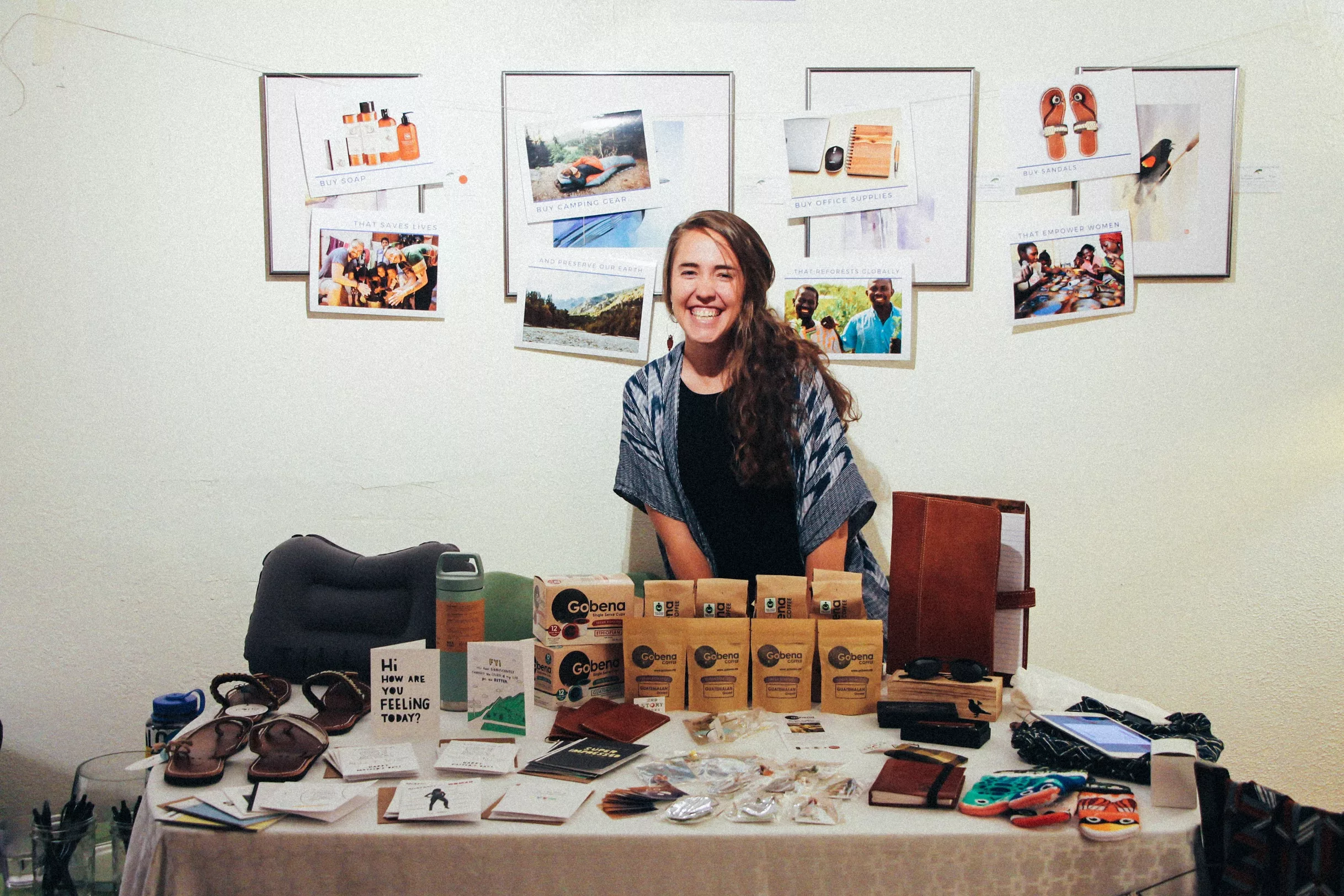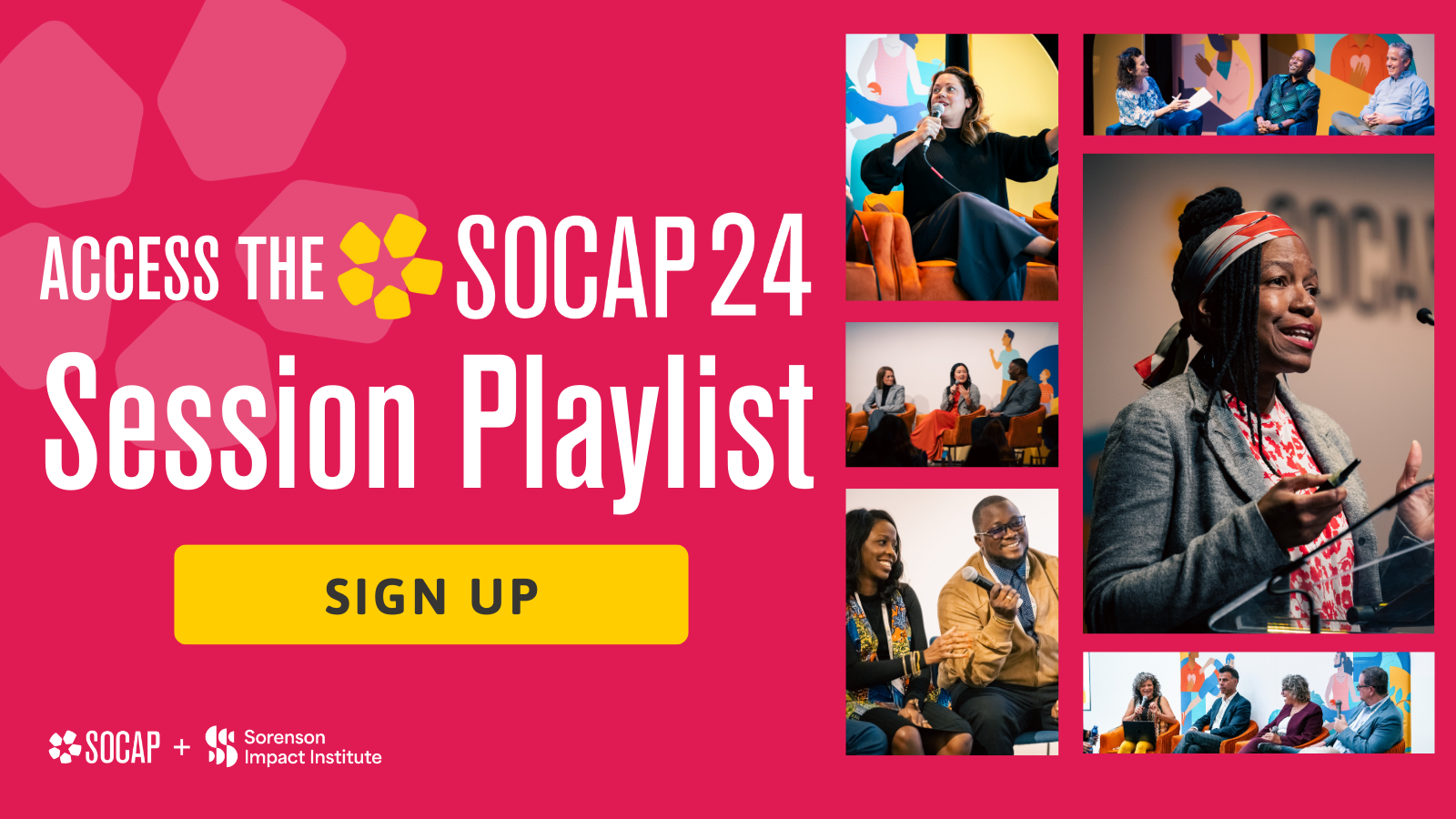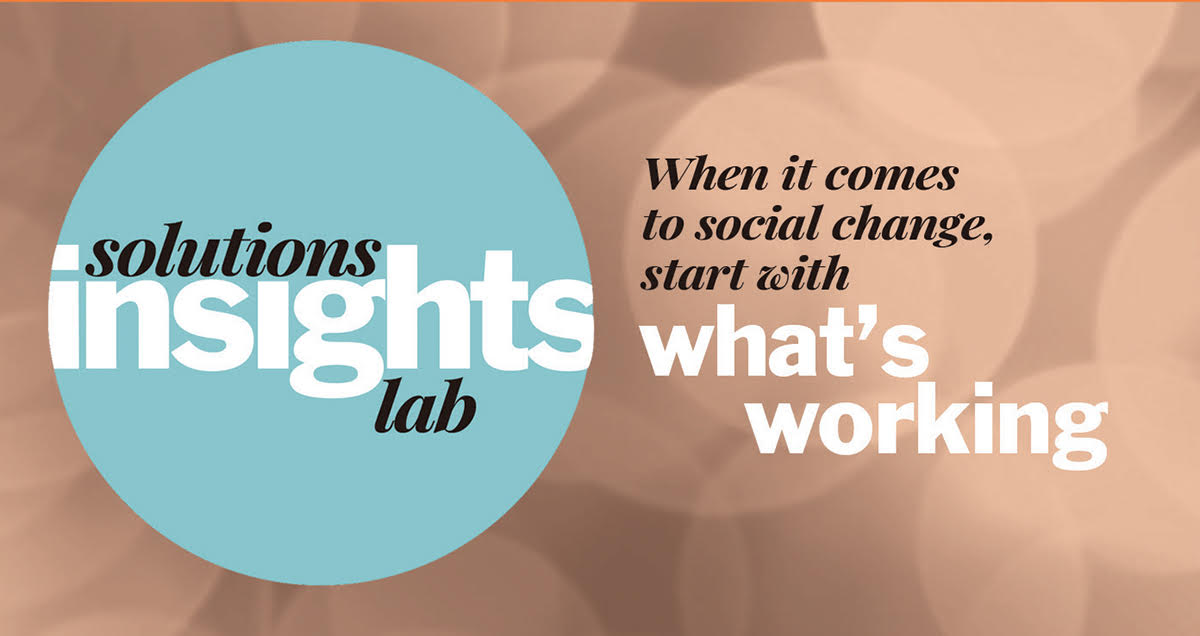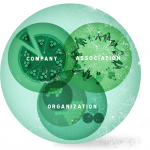“You can only realize change if you live simply.”
– Bell Hooks
It may or may not surprise you to know that 300 million shoppers will spend 4 trillion dollars online this year. Online shopping has created a massive shift in how we research, purchase, and share everything. Marketplace sites allow us to buy all the things from one shop. On any given day your shopping cart could have toilet paper, a gift for a friend, a book you want to read, laundry detergent, and a dress for your Friday night date.
Most of it being shipped in 2 days for free.
As we, as a culture, shift towards also wanting to purchase more eco-friendly products, more products that support causes we care about, and, in general, to more closely align our dollars with our conscience and be intentional with our purchasing, though, we are hitting a wall. Typing natural deodorant into the Amazon search bar gives over 2,000 options. Those options come from their algorithm which is based on past purchase volume and key words in the title and description. If I take the time to sift through 2,000 search results and research each company to be sure they are actually natural, to understand their supply chain, or to read reviews from other shoppers, all of the convenience of Amazon is lost.
If a super popular deodorant that gets to be on the first page of the search results uses the words natural, eco-friendly, non-toxic, or plant-based in their description, and I purchase it without realizing what those terms mean to that company, all my goals for not putting toxic chemicals on my body are lost. Of course I can also take the time to research a variety of brands by reading the EWG ratings, talking to friends, and following sites that promote eco-friendly products. And sometimes I do.
In my work, I get connected to innovative brands that are doing amazing things: creating cleaning products that work and aren’t harmful to my family, supporting survivors of human trafficking by reselling artisan goods they made, or making eyeliner out of charcoal. Usually the first time I’ll buy direct from the maker. I’ve read their about page, looked at their impact reports, seen the photos of their families – and I feel good to support them. I feel like I am doing my part. But the next time, I’m probably going to search Amazon to see if they are selling their products there because 2 day free shipping and ordering that eyeliner the same time I order that piece of jewelry and replenish my toilet paper make it just too hard not to.
And this is me – an amazingly conscious person who lives intentionally, writes and speaks about how important it is to change the world with our lives and businesses, and would sooner give up coffee than not buy fair trade – choosing convenience and free shipping over knowing employees and makers are earning a living wage and being treated fairly. What about people who aren’t as heavily immersed as I am and don’t already know what brands to look for on these sites? Where do they even start?
What I need – so much so that I have dreamed of creating it – is a site that offers the convenience and ease online marketplaces promises us without the unknown and undesired variables. As a culture, we all need to know that there is a way to shop more sustainably and ethically that doesn’t require giving up the convenience we are used to.
Recently I had the pleasure of getting to know Rachel Kois, the founder of Simple Switch – an online marketplace that sources only positive impact brands. They are intentionally pairing progress with convenience and leading the way for the ethical shopping movement to catch up to the general online shipping movement.
They focus on both environmental and social impact, selling products like camping gear that contributes financially to environmental conservation, toilet paper and soap that help support hygiene education, and jewelry that frees women from sexual exploitation. They also use their site to educate shoppers about the power behind all of these movements.
This matters for two major reasons:
If we can funnel 1/10 of 1% of the money that is already being spent online to better choices, it will pump 4 billion dollars into our economy that is supporting freeing people from human trafficking, reforesting our planet, conservation through the use of recycled materials, and so much more.
Let that sink in a bit. 1/10 of 1% of $100 is only $.10. But 1/10 of 1% of $4T? That’s $4B dollars that is being directly funneled into businesses that are actively working to heal our world. Recent data tells us that 71% of consumers would prefer to purchase from a company that supports a cause; supports a cause, let alone directly solves a social problem!
If we know that it is simple to make better choices in some ways, we will start to make better choices in lots of ways.
This is how culture shift works. I gave up straws about 7 years ago to absolutely zero negative results in my life. That made it much easier to give up plastic storage bags and the next thing you know I was looking for dishwashing soap that came as a pellet and fizzed into soap in a beautiful glass bottle. In contrast, I have literally been trying to understand recycling for 18 years – the life of my child. I’m not going on record as saying that the straw-gates on Facebook are causal rather than correlative, but it is a distinguishing factor.
Behaviors are also intricately linked to community. When it was Starbucks talking about phasing out plastic lids or lulu lemon exploring leggings made of recycled ocean plastic, that was easy for some people to dismiss as a trendy hipster fad. But when McDonald’s joined the conversation, it seemed real to the masses.
Rachel knows this. And like many entrepreneurs, she discovered it out of her own desire to do the better thing and her exhaustion with how much time it took – that it wouldn’t have taken if she had caved and visited one the large marketplaces. After coming home from an internship working with under-resourced entrepreneurs in South Africa, she wanted to support similar businesses in the U.S. She started trying to shop better, which included hours researching the right products to buy, what different certifications mean, and which companies were ethical in marketing only.
It was stressful and time-consuming and worsened by the fact that she knew everything she was looking for was available with a couple of clicks on that other site.
What distinguishes Rachel from 99% of other conscious shoppers is that she took what she saw as a hole in the market – that it should be (but isn’t!) easy for consumers to buy all the things in one place and trust the quality of what they are buying and the company that is selling it to them, she launched a business to fill that hole.
Simple Switch is literally making it simple for people to shop better.
And she has only just begun.
She’s onboarding her vendors with intention and growing at a pace that means she doesn’t have to worry about giving up equity or decision-making power to someone who could shift the brand in a different direction. This is even more important right now.
Using Amazon has a massive environmental footprint, whereas Simple Switch is both climate neutral and plastic neutral. And many of their partners are currently pledging to pay their artisans despite not having sales right now or to funnel money into much-needed health care equipment donations worldwide.
In a time where we have seen too many people lean into scarcity (myself included), it’s inspiring to see what Rachel and her impact partners are doing instead. Drastic changes in our lives can be an opportunity to let go of patterns that weren’t serving us or the world. Online shopping is a great place to start.
Change the way everyone shops and change the world. No big deal – just doing what culture shifters do.
Visit Simple Switch today and be part of the shopping revolution!





